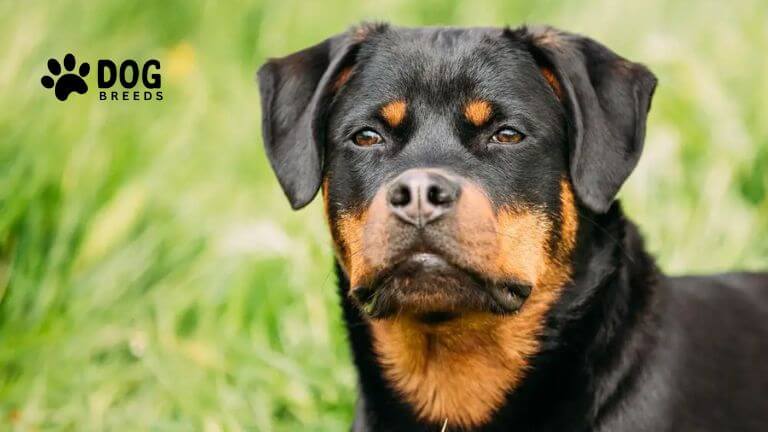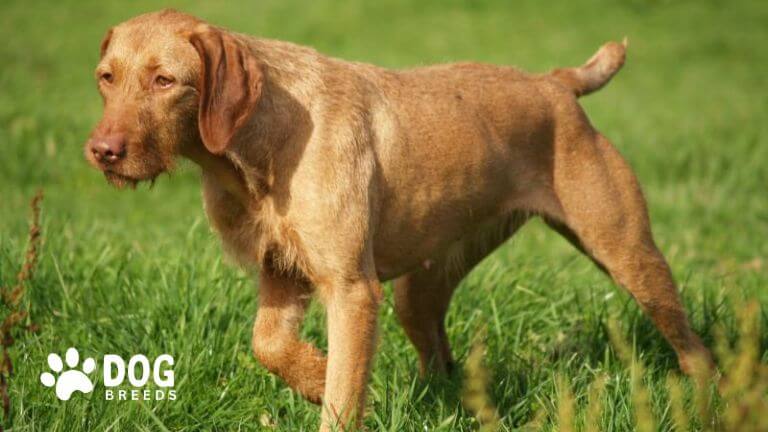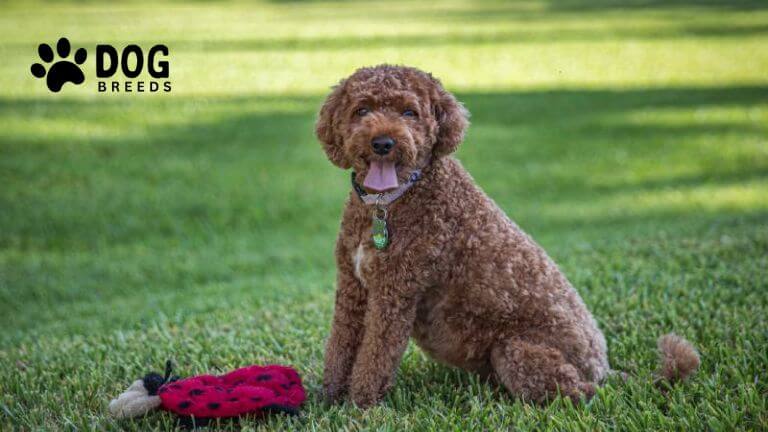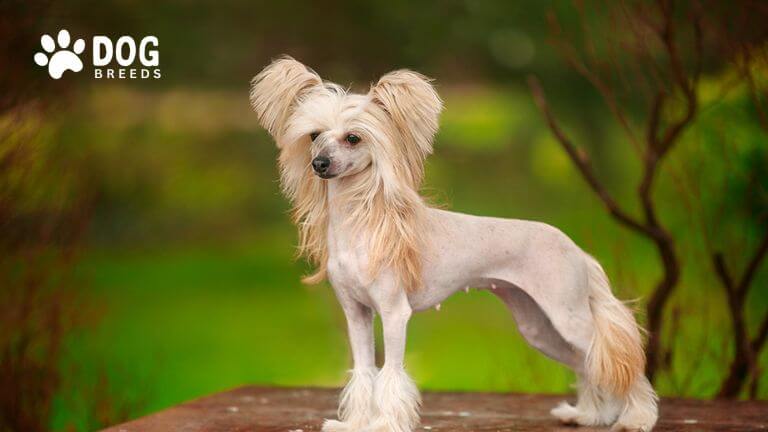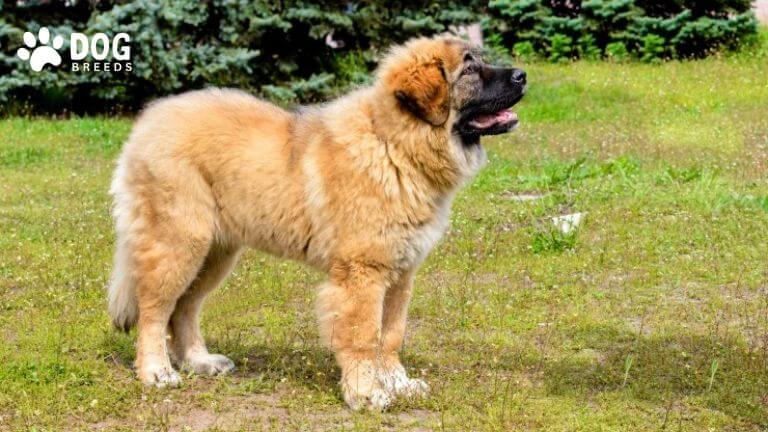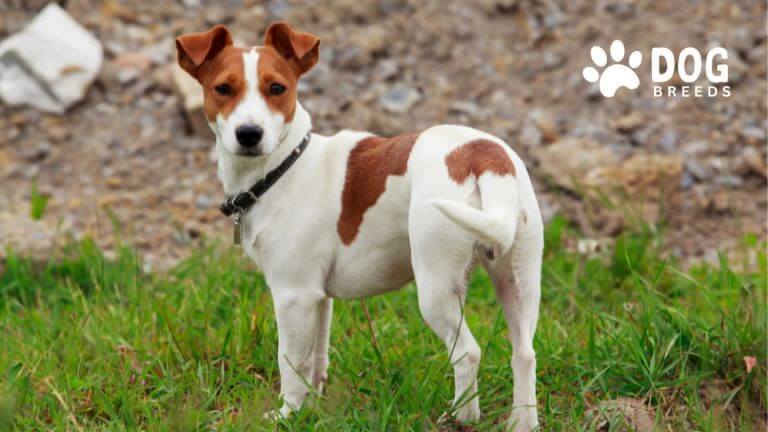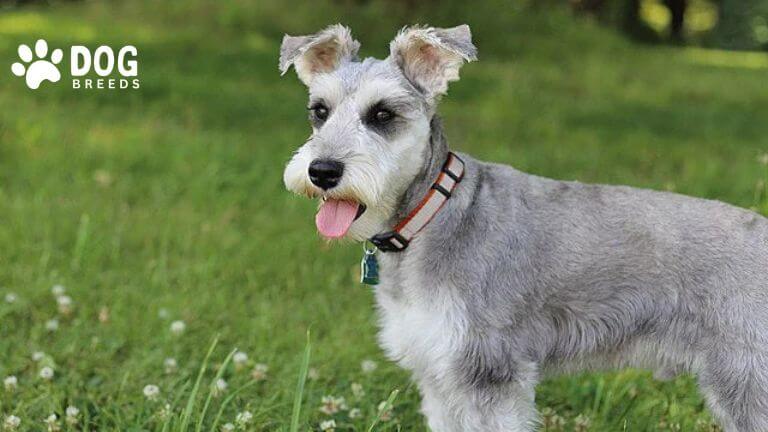Rottle Doodle Dog Breed: Characteristics, Care, and Guide
The Rottle, also known as the Rottweiler-Poodle mix, is a designer dog breed that combines the strength and loyalty of a Rottweiler with the intelligence and hypoallergenic coat of a Poodle. This hybrid is ideal for families, active individuals, and those seeking an affectionate companion. As a relatively new designer breed, the Rottle has quickly gained popularity due to its versatility and charm.
Rottle Doodle Dog Breed Overview
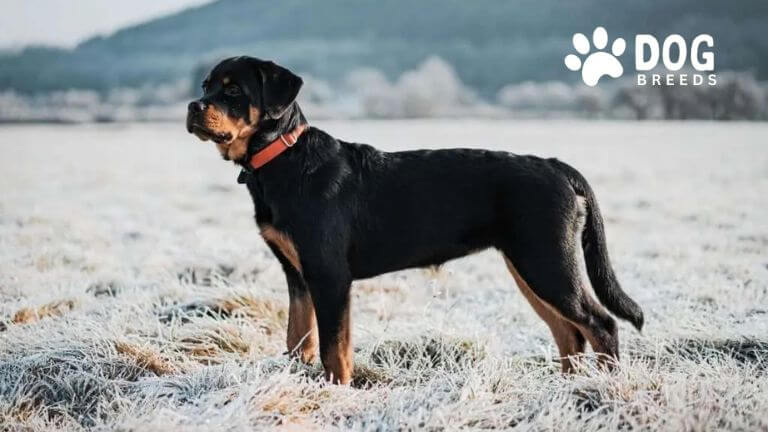
| Breed Name | Rottle Doodle (Rottweiler + Poodle Mix) |
| Origin | Designer breed, combining traits of the Rottweiler and Standard Poodle. |
| Size | Medium to Large |
| Weight | 40–100 pounds (varies based on parentage and size of Poodle parent) |
| Height | 15–27 inches at the shoulder |
| Coat Type | Dense, curly, or wavy; low to moderate shedding (varies by individual dog) |
| Colors | Black, brown, gray, tan, or a mix of these |
| Lifespan | 9–15 years |
| Temperament | Intelligent, loyal, protective, playful, and affectionate |
| Energy Level | High; requires regular exercise and mental stimulation |
| Training | Highly trainable due to intelligence and eagerness to please |
| Social Compatibility | Good with families, children, and other pets with proper socialization |
| Grooming Needs | Moderate; regular brushing to prevent matting, occasional trimming |
| Health Concerns | Potential for hip dysplasia, bloat, or skin allergies |
| Best Suited For | Active families, experienced dog owners, or individuals with space to play |
| Unique Traits | Combines the protective instincts of the Rottweiler with the hypoallergenic potential and intelligence of the Poodle |
Physical Appearance
The Rottle is a medium to large-sized dog, with size variations depending on whether the Poodle parent is a Standard or Miniature variety.
- Size: Typically, Rottles weigh between 40 to 100 pounds and stand 15 to 27 inches tall at the shoulder.
- Coat: Their coat ranges from curly like a Poodle’s to wavy or straight, reflecting the Rottweiler’s influence.
- Colors: Common colors include black, brown, tan, and bi-color patterns resembling the Rottweiler’s markings.
A size chart can help predict growth stages, especially for first-time owners.
Temperament and Personality
Rottles inherit the best qualities of both parent breeds:
- Loyalty: They are deeply devoted to their families and make excellent watchdogs.
- Intelligence: Highly trainable, they excel in obedience and agility training.
- Affection: Rottles are affectionate and love spending time with their human companions.
- Family-Friendly: This breed is great with children and can coexist with other pets if socialized early.
However, their protective instincts may make them wary of strangers, requiring proper training.
Health and Lifespan
Rottles are generally healthy but may inherit health issues from their parent breeds.
- Common Health Concerns: Hip dysplasia, bloat, eye disorders, and allergies.
- Preventive Measures: Regular vet checkups, a balanced diet, and routine exercise can minimize health risks.
- Lifespan: The average lifespan ranges from 10 to 14 years.
Vaccinations and preventative care, such as heartworm medication, are essential for maintaining their health.
Care and Grooming
Rottles are low to moderate shedders, depending on their coat type. Grooming helps keep them looking their best.
- Brushing: Brush their coat 2-3 times a week to prevent tangles and reduce shedding.
- Bathing: Bathe as needed, typically once a month, using dog-friendly shampoo.
- Nail Trimming: Trim nails every 4-6 weeks to prevent discomfort.
- Dental Care: Brush their teeth several times a week to maintain oral health.
Regular grooming also provides an opportunity to check for skin issues or parasites.
Diet and Nutrition
Rottles thrive on a high-quality diet tailored to their size, age, and activity level.
- Preferred Food Types: Opt for protein-rich dry kibble or fresh food diets formulated for medium to large breeds.
- Feeding Schedule: Feed adults twice daily, dividing the total daily amount into morning and evening meals. Puppies may require 3-4 smaller meals a day.
- Portion Control: Avoid overfeeding to prevent obesity, a common issue in large breeds.
Please consult with a veterinarian to ensure they receive adequate nutrients for optimal health.
Exercise Needs
Rottles are active dogs that require daily exercise to stay healthy and happy.
- Activity Level: They need at least 60 to 90 minutes of physical activity daily.
- Preferred Exercises: Walks, runs, playtime, and activities like fetch or agility training are great options.
- Living Conditions: They adapt well to houses with yards but can also thrive in apartments if exercised adequately.
Mental stimulation, such as puzzle toys or obedience training, is equally important.
Training Tips
Training a Rottle is a rewarding experience due to their intelligence and eagerness to please.
- Socialization: Begin early to expose them to various people, environments, and other animals.
- Obedience Training: Use positive reinforcement techniques like treats and praise.
- Challenges: Be consistent, as their Rottweiler side may show occasional stubbornness.
Enrolling in puppy training classes can help ensure they grow into well-mannered adults.
Conclusion
The Rottle is a versatile and affectionate breed that blends intelligence, loyalty, and playfulness. They suit active families, singles, or couples looking for a devoted companion. By providing proper care, training, and love, owners can enjoy a fulfilling relationship with this exceptional hybrid.
FAQs
Are Rottles hypoallergenic?
While they are low-shedding, their hypoallergenic traits depend on inheriting the Poodle’s coat.
Do Rottles get along with kids?
Yes, they are friendly and protective, making them great companions for children.
Fun Facts:
- The Rottle is sometimes called a “Rottiepoo” or “Rottiedoodle.”
- They combine the athleticism of a Rottweiler with the charm of a Poodle.
Are Rottles good dogs?
Yes, Rottles are excellent dogs for the right owner. They are a mix of a Rottweiler and a Poodle, combining the best traits of both breeds. Rottles are loyal, intelligent, and affectionate. They are well-suited for families with children and other pets if properly socialized. Their friendly nature makes them great companions, while their protective instincts, inherited from the Rottweiler, make them reliable watchdogs. Early training and socialization are essential to ensure their balanced temperament.
What is a Rottie Doodle?
A Rottie Doodle, also known as a Rottle or Rottweiler-Poodle mix, is a designer dog breed resulting from crossing a Rottweiler with a Poodle. This hybrid combines the Poodle’s intelligence and low-shedding coat with the Rottweiler’s strength and loyalty. Depending on the Poodle parent’s size, Rottie Doodles can range from medium to large dogs. They are loved for their versatility, making them suitable for various households, including active families and individuals seeking a loyal companion.
What is the smartest Doodle dog?
The smartest Doodle dog is widely considered to be the Border Collie Poodle mix, also known as the Bordoodle. This hybrid inherits the Border Collie’s unparalleled intelligence and the Poodle’s problem-solving skills. Among Doodles, the Rottle also stands out for its intelligence, as both Rottweilers and Poodles are ranked among the smartest dog breeds. Rottles are quick learners, excelling in obedience training, agility, and mental stimulation exercises.
What is the lifespan of a Rottle?
The lifespan of a Rottle typically ranges from 10 to 14 years, depending on factors like genetics, diet, and overall care. Ensuring regular vet checkups, a balanced diet, and daily exercise can extend their lifespan. Rottles benefit from hybrid vigor, which can reduce the risk of certain hereditary conditions seen in purebred dogs. However, they may still be prone to health issues such as hip dysplasia, eye problems, or allergies, so preventive care is essential.
- Why Are Dalmatians Not Popular? Uncovering the Truth Behind the Rarity of This Iconic Breed - April 16, 2025
- Top 15 Chinese Dog Breeds: Discover the Best Dogs from China - April 14, 2025
- Dalmatian Dog Breed: History, Care, Personality & Health - April 3, 2025
